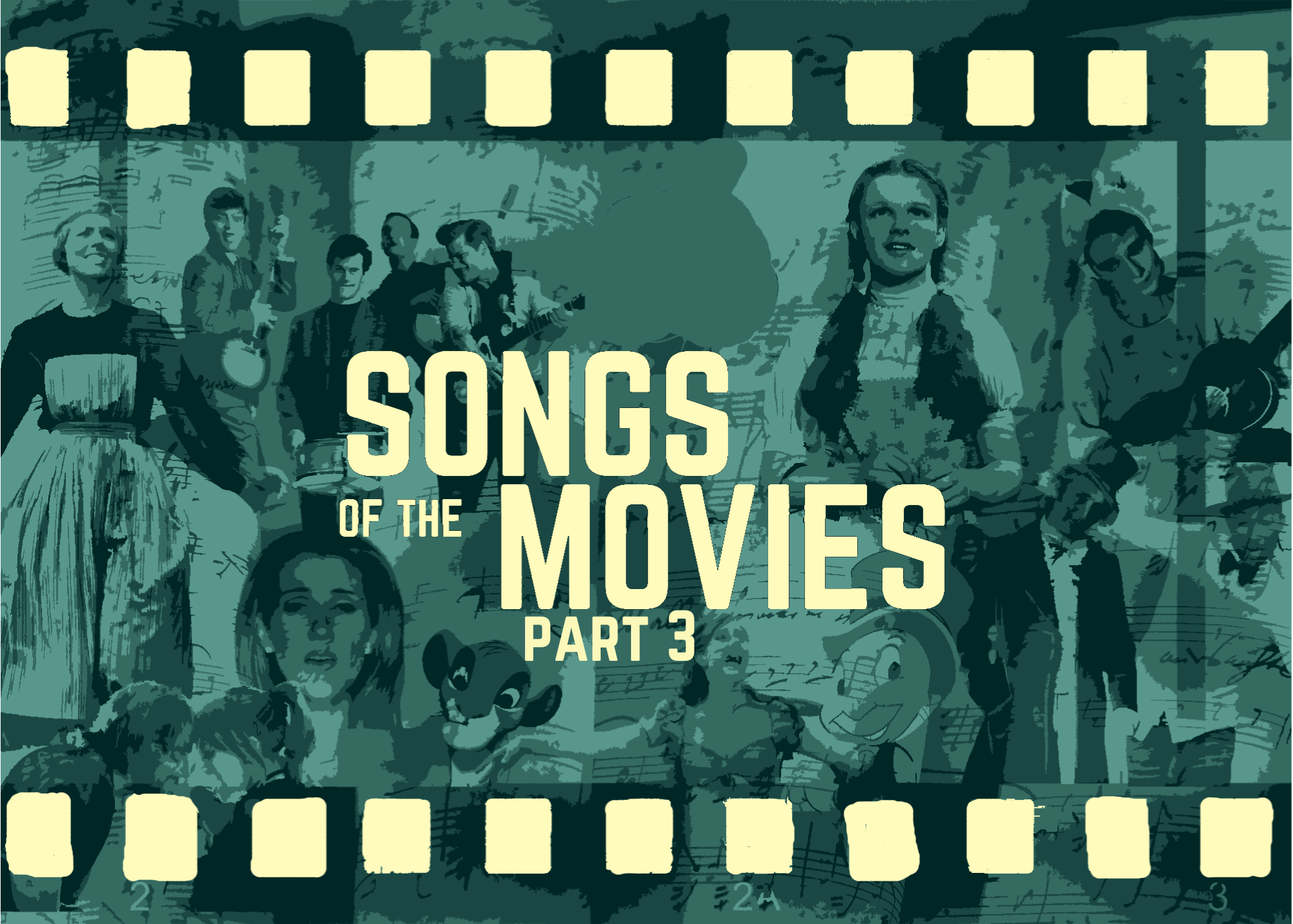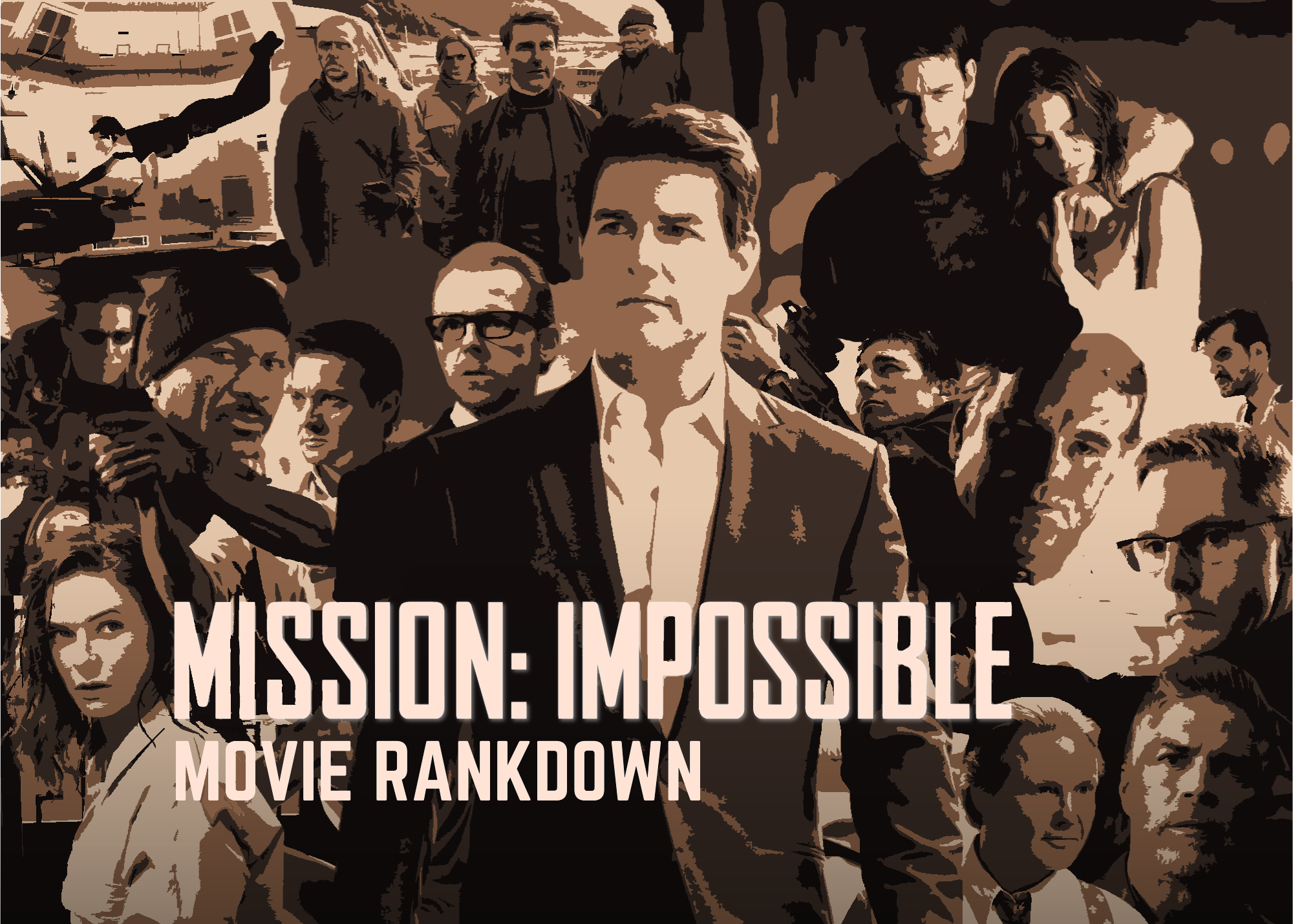"Poor Things" Review: Now THIS Is How You Take Down The Patriarchy
Emma Stone's vehicle offers invaluable insight in a kooky, sex-crazed package.
ModernIn times of sweeping social change, we ordinarily encounter three types of people:
On the reactionary, “Get off my lawn” side, we have either the hard-nosed “traditionalist” who shoots Budweiser cans while chugging another big corp brew that ironically supports the people they so adamantly loathe or the contrarian who opposes the mainstream mentality with ceaseless word salad, espousing views they don’t believe in to feel intellectually superior.
On the radical, “I care more than everyone else” side, we have the bandwagon-jumpers who couldn’t contextualize a dye job in a beauty parlor and so adore the echo chambers they delusionally believe represent the masses.
In the middle, we have those who actually have something of measured substance to offer but get swiftly rebuked by the other three kinds of people.
Amazingly, Poor Things is the cinematic incarnation of the third type of person while subtly slamming the other two for their collective worthlessness.
Of course, few would label Poor Things “subtle.” Yes, Emma Stone’s Bella Baxter, a young woman (originally Victoria Blessington) rescued from a suicide attempt by a mad scientist who implants her unborn child’s brain into her body, experiences a shameless sexual liberation during the film, and there are genitals galore as we accompany her on her journey, but the film is more than those buzz-inducing headlines we've seen in trailers.
The genius begins in the core concept. Instead of ham-fisting the social commentary into undeserved moments of triumph for a limp protagonist, Poor Things builds it into the narrative’s foundation, allowing it to go in whatever directions it wants without compromising its core tenets. Bella is a child trapped in an adult’s body, the maniacal creation of a man, Dr. Godwin Baxter, trying to make sense of his father’s abuse.
So, in only a few scenes, we’ve established the following:
1. Bella is a nonconsensual creation of man.
2. Once again, men feel justified in exploiting women to resolve their trauma.
3. Any experience Bella has, any change she undergoes, and any conclusion she draws can only be because she broke free of those constraints.
It makes some of the more troubling aspects of the story (like apprentice doctor Max’s infatuation with a psychological toddler) easier to accept. Everything is Bella’s story with undeniable socio-political implications; because the film's narrative can impose them organically, it never feels lecturous.
It also allows it to be more forward in characterizing everyone who impedes Bella’s liberation. Duncan Waterburn, the misogynistic lothario with whom Bella travels the world, is such a smarmy, entitled f***boi: an ordinary movie would buckle under his obnoxiousness. Thankfully, Poor Things is not ordinary, and not just because of the dazzling visuals that create a world as new to us as to Bella, allowing us to discover it with her. It’s extraordinary in the ways it defies convention, opening up possibilities most movies are closed to, usually without realizing it.
Poor Things' construction lets it give us constant face-slappings of reality through an unfiltered character with unknowing comedic charm. Bella’s forwardness unveils our deepest desires and valuably asks why we repress them. Sure, we don’t actually want to punch a baby, but we certainly want it to shut up. We never spit out food in public, but we sometimes wish we could.
Time after time, we’re told “no,” and “bad,” and “wrong,” but without the complexity that colors our perspective. If we want to rid ourselves of a social nuisance or discard vile food, we could easily relay why doing so is justifiable, from the specifics of our feelings to a general societal perspective that would benefit all if adopted. Yet, the opposition can only provide the simplest retorts:
Why can’t we do that?
“You just… can’t.”
Why isn’t that okay?
“It just…isn’t”
Why shouldn’t we?
“We just… shouldn’t.”
Children cannot embrace social imperatives, and while there’s value in espousing them, there’s also value in letting our inner Bella fly free. How much better off would we be if we spoke our truth, communicated our desires, and pursued our ambitions without concern for people whose “concern” for us is self-serving and conditional?
Poor Things displays the benefits of that worldview without entirely condoning it, instead challenging Bella to contemplate her actions' enormity and long-term impact. As such, when she holds firm, her stubbornness feels justified. On the other hand, when she grows from seeing the rampant suffering in the slums of Egypt, it hits harder. We know Bella is mentally an infant at the beginning and develops psychologically as the film progresses, so she seems good-natured and soulful even when doing the ordinarily condemnable. When she hits milestones, it drags us back into the awkwardness and emotional storms we endured at that stage. In every way conceivable, she is a mirror for her audience.
In that sense, we appreciate it exposing patriarchal folly for what it is. We tire of the men who insist a woman is "special" when she’s simply an outlet for their ingrained insecurities, like Max’s “love” for the toddler Bella being nothing more than a product of his need to care and protect. We’re long sick of manwhores reveling in the chase of a desired woman, admiring her untameability until it becomes clear it applies to him too. Poor Things could easily have made itself feel inorganic by addressing these things, but it rarely does so directly enough to seem on the nose.
If one nitpicked, Bella’s interactions with Harry Astley are tiresome. Their conversations, though the chance for Bella to reject extremist, binary ideals, layering her journey with more substance than it would otherwise possess, venture dangerously close to “r/im14andthisisdeep” territory, at least when Astley speaks.
Although this sidestep is mercifully brief, it indicates director Yorgos Lanthimos’ inability to temper when necessary, which ultimately hurts his film in its final act when Bella’s wedding to Max gets interrupted by Waterburn’s arrival with Victoria's ex-husband, Alfie Blessington, who appears to reclaim his lost love. The resulting twenty minutes is a betrayal of Bella’s journey and thorough characterization, as she abandons her choice to pursue a curiosity instigated by a man.
As she experiences Alfie’s psychopathy and overhears his plan to surgically strip her feminist zeal, she concocts a counterattack that ends in the garden of Godwin’s home, with Bella on the precipice of a medical career and all the men around her somehow subject to her power. Bella is insistent on forgoing the cruelty that earlier destroyed her emotionally, but in the end, opts for the “an eye for an eye” approach. That perspective is nuanced and not inherently wrong, but Poor Things hasn't laid the groundwork for it, so Bella’s conclusion feels desperate to make an already-made point, exposing that even the best films cannot escape a foundational reality of filmmaking.
Anyone can tell a story, and few can do so well, but all are subject to the same truth: a story, regardless of who tells it or how much talent they possess, is about the story. An inability or refusal to consider that undoes a movie before it starts. Lanthimos doesn’t totally derail Poor Things with a heavy-handed, tonally inconsistent ending, but he still undermines Bella’s journey while trying to show its impact.
It takes Poor Things from an “instant classic” to an excellent movie with a poor ending, but we leave knowing that films can still impart worthwhile messages without being self-important. Emma Stone shines, her supporting cast (mostly) does so with her, and the visuals create a fascinating world that compels us to the themes as much as the artistry on screen.
But with all that, Poor Things’ titanic strength is how well it tells its story: not through incessantly witty dialogue or chest-heaving emotional moments, but in understanding that a movie lives and dies at conception. Every movie aims to do something, whether to send a meaningful message, chastise society, warn about coming socio-political storms, or shock for the sake of shocking. Regardless, achieving that aim comes down to the idea itself. Poor Things’ social perspectives blossom from its story, and because of that, it’s a funny, heartwarming movie that gives a welcome dose of reality to an increasingly sheltered world.

91
Director - Yorgos Lanthimos
Studio - Searchlight
Runtime - 141 minutes
Release Date - December 8, 2023
Cast:
Emma Stone - Bella Baxter/Victoria
Mark Ruffalo - Duncan Waterburn
Willem Dafoe - Dr. Godwin Baxter
Ramy Youssef - Max McCandles
Kathryn Hunter - Madame Swiney
Christopher Abbott - Alfie Blessington
Jerrod Carmichael - Harry Astley
Margaret Qualley - Felicity
Editor - Yorgos Mavropsaridis
Screenplay - Tony McNamara
Cinematography - Robbie Ryan
Score - Jerskin Fendrix

%20(13%20x%206%20in)%20(13%20x%204%20in).png)





































.png)






.png)